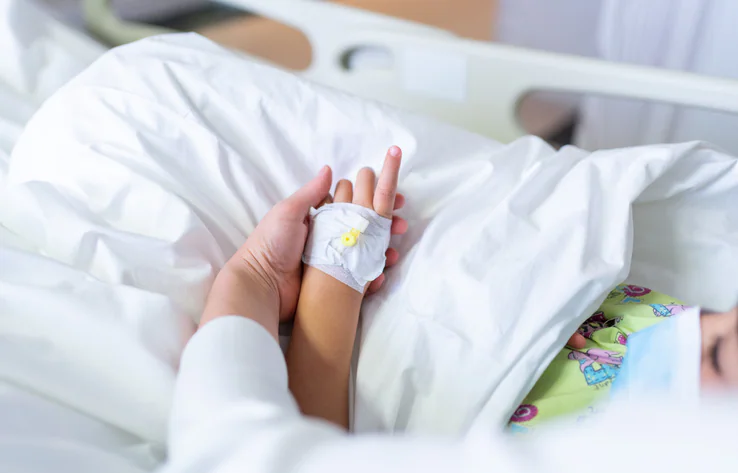
Childhood Cancer Survivors Face Higher Risk Of Severe COVID-19, Study Finds
People who have survived cancer during childhood are at higher risk of developing severe COVID-19, even many years after their original cancer diagnosis. This finding comes from a new study by Karolinska Institutet in Sweden.
More children survive cancer, but risks remain
Thanks to advancements in medical science, more children are surviving cancer today. However, researchers say that even long after treatment has ended, these individuals may continue to face serious health risks.
About the study
The registry-based study looked at more than 13,000 individuals in Sweden and Denmark who had been diagnosed with cancer before the age of 20, and who were at least 20 years old when the COVID-19 pandemic began.
These survivors were compared with both their siblings and randomly selected people of the same gender and birth year from the general population.
Key findings
The study found that childhood cancer survivors had a lower risk of getting infected with COVID-19 than others. However, if infected, they were 58% more likely to develop severe disease.
Severe COVID-19 was defined as cases requiring hospital care, intensive care, or resulting in death related to the infection.
"It is important to understand that even though these individuals were not infected more often, the consequences were more serious when they did become ill," said Javier Louro, postdoctoral researcher at Karolinska Institutet and lead author of the study.
Higher risk during high transmission phases
The increased risk for cancer survivors was especially clear during high transmission periods, such as when Alpha and Omicron variants were spreading quickly.
The study also found that the severity risk was higher in Sweden, which had looser pandemic restrictions, compared to Denmark, where early and strict public health measures were enforced.
Policy suggestions for future pandemics
The researchers suggest that childhood cancer survivors should be considered a priority risk group in future pandemics or public health crises.
“This could involve prioritising them for vaccination or offering special protection during periods of high transmission,” said Javier Louro.
The study highlights the importance of long-term health monitoring for childhood cancer survivors and calls for their inclusion in national healthcare planning during pandemics.
Legal Disclaimer:
MENAFN provides the
information “as is” without warranty of any kind. We do not accept
any responsibility or liability for the accuracy, content, images,
videos, licenses, completeness, legality, or reliability of the information
contained in this article. If you have any complaints or copyright
issues related to this article, kindly contact the provider above.

















Comments
No comment